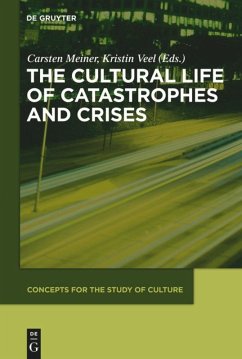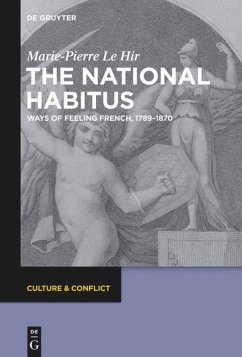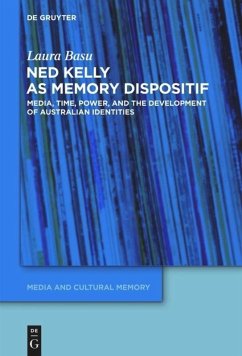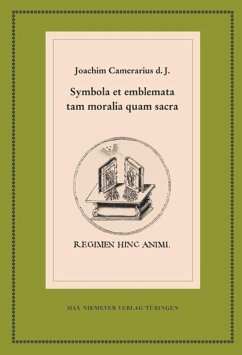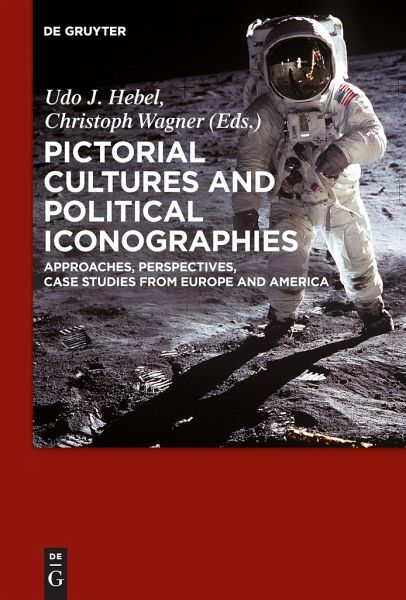
Pictorial Cultures and Political Iconographies
Approaches, Perspectives, Case Studies from Europe and America
Herausgegeben: Hebel, Udo J.; Wagner, Christoph
Versandkostenfrei!
Versandfertig in 6-10 Tagen
138,99 €
inkl. MwSt.

PAYBACK Punkte
69 °P sammeln!
The pictorial turn in the humanities and social sciences has foregrounded the political power of images and the extent to which historical, political, social, and cultural processes and practices are shaped visually. Political iconographies are taken to interpret norms of actions, support ideological formations, and enhance moral concepts. Visual rhetorics are understood as active players in the construction and contestation of the political realm and public space. The twenty-one articles by scholars from Europe and the United States explore the political function and cultural impact of images...
The pictorial turn in the humanities and social sciences has foregrounded the political power of images and the extent to which historical, political, social, and cultural processes and practices are shaped visually. Political iconographies are taken to interpret norms of actions, support ideological formations, and enhance moral concepts. Visual rhetorics are understood as active players in the construction and contestation of the political realm and public space. The twenty-one articles by scholars from Europe and the United States explore the political function and cultural impact of images from the perspectives of Art History, American Studies, Visual Culture Studies, History, and Political Science. The contributions in particular address the complex interplay between agent and addressee in the public space as well as issues of national identity, discourses of inclusion and exclusion, and the designation of political spaces within transnational contexts. The publication is part of the interdisciplinary research initiative "Perceiving and Understanding: Functions, Perception Processes, Forms of Visualizations, Cultural Strategies of Pictures and Texts" at the University of Regensburg.








